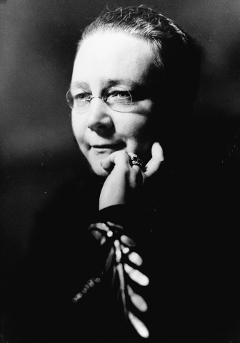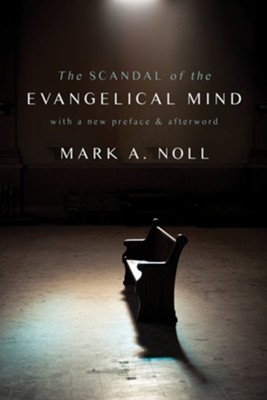July and August are my months “off” from teaching, but they aren’t months off for preparation. Although I’m constantly preparing year-round, the absence of teaching during this time allows a greater concentration on what I’ll be doing over the next year. Much of it has to do with C. S. Lewis and Dorothy L. Sayers.
Last month, I received a pleasant surprise when I was contacted by the Wade Center about an article that I had sent in a couple of years ago. I hadn’t heard back about it and assumed that it wasn’t accepted for publication. I was wrong. The title is “’Let Us Thank the Author Who Invented Her’: Lewis on Reading Dorothy L. Sayers.” As with all journal articles, it required further work to make it the best it could be, but, as my teaching schedule was coming to a close, I was able to devote a lot of time to the revisions. I can say it is now a much better article than it was previously; I appreciate an editor’s and a reader’s comments that aided me in achieving that. It is scheduled for the next volume that will be published in 2026.
It follows on an article that I had published in VII this year: “The Historical Perspective: Gleanings from C. S. Lewis’s Personal Library.” Here is the link for those who might want to know how Lewis marked up his books and what stood out to him as he read: https://journals.wheaton.edu/index.php/vii/article/view/1157. As a latecomer to Lewis scholarship (only the last ten years), I am gratified to offer what I can to this outpouring of new Lewis research and writing.
On the Lewis front, I’m also planning to teach an adult course at my church on his classic Mere Christianity. Although I taught some of it to a church class seven years ago, I have updated and augmented it significantly in preparation for our Parish Academy from January to April next year.
Dorothy Sayers has now become my second-most favorite British author. As noted above, she is the co-subject with Lewis in the upcoming VII article, but that’s only a beginning of my interaction with her in the next year. I moderate an Inklings group here in Lakeland, Florida, and when we start meeting again in the fall, the first topic will be Sayers’s The Mind of the Maker, which I trust many in the group are right now reading (you might call that an “assignment without grades,” so we’ll see how it goes).
Beyond that, my proposal for a course on Sayers as an offering in my university’s Honors Program was accepted, so I will be working hard on that, which will be on the spring 2026 schedule. Although I have read much of Sayers’s work, I hope to add more to my repertoire for this course. What to include and what to merely mention in passing is a difficult task, especially when you wish you could include so much more, but there’s a limit to what can be accomplished in a one-semester course. Part of what I can incorporate into the course is the research I’ve done at the Wade Center in the Sayers collection.
As I was contemplating all of this, I received an e-mail from Sayers scholar Crystal Downing, one of the previous directors of the Wade Center, inquiring whether I would be interested in contributing a chapter to a book on Sayers that she is editing. I readily agreed to write on her explanations of and devotion to the creeds of the Church.
Is that enough to keep a person busy? Well, there’s more. My university course this fall is a specialized one: “The Witness of Whittaker Chambers.” Along with Lewis, I consider Chambers to be one of the most poignant writers of the twentieth century. For those unfamiliar with him, let me give you another link, this one to my book called The Witness and the President: Whittaker Chambers, Ronald Reagan, and the Future of Freedom: https://www.amazon.com/Witness-President-Whittaker-Chambers-Freedom/dp/1546948864?dchild=1&keywords=witness+and+the+president&qid=1588850037&s=books&sr=1-3
And there’s even more. I teach an adult Sunday class at church ten months out of the year. I’ve been presenting some of my most favorite psalms, and I have to stay ahead in my preparations to ensure I never run out of a psalm to teach. After the Psalms, I’ll have consider what to focus on next.
Finally, there is a course I’m teaching in my church’s Fall Parish Academy called “Being Christian in a Non-Christian Culture,” that I hope will be a challenge to many—a challenge in the right way, of course, as I seek to answer the following questions: What is the church and what is its mission? How are Christians supposed to interact with the culture? What is the proper relationship between the Church and the State? What has happened to the Christian witness to the world? Where do we go from here?
I’m relying on many books written by solid Christians such as Mark Noll (see his book on the right), Karen Swallow Prior, Russell Moore, and many others as I flesh out hopeful answers to these questions. I consider this one of the most important courses I’ve ever taught, as we think through what God expects of us now in our particular culture.
Yes, I’m busy, but I wouldn’t have it any other way. I want to be as productive as possible, knowing that I have fewer years ahead of me than I have behind me. If I can help any of my fellow believers think and/or rethink what the Lord expects of us, I will be satisfied.



